In a shocking revelation, Julia Marshall, a dedicated NSPCC volunteer for over three decades, has quit the charity, alleging that it has been “completely captured” by the hardline Stonewall campaign group. Marshall claims that the charity’s aggressive promotion of trans ideology risks “grooming” children, raising serious safeguarding concerns.
Volunteer Alleges Pressure to Affirm Children’s Gender Choices
Marshall, a 62-year-old former police officer and mother of three revealed that she and other school volunteers were instructed to ask primary school-age children their pronouns during assemblies and workshops. She claims they were pressured to affirm children’s gender choices, even when it had no connection to protecting them from physical and sexual abuse, the NSPCC’s core purpose.

Marshall’s concerns first arose in 2019 when she noticed her supervisor including pronouns in emails, citing the importance of showing inclusivity. However, Marshall felt this was a safeguarding risk, especially when dealing with primary school children under 11.
Refresher Training Reveals Shift in NSPCC’s Focus
After a pandemic-induced hiatus, volunteers attended a refresher training session in the summer of 2022. Marshall was astounded to find a very different NSPCC, with an entire session dedicated to pronouns and transgender children. She questioned the appropriateness of this focus for primary school children, but her concerns were dismissed by others.
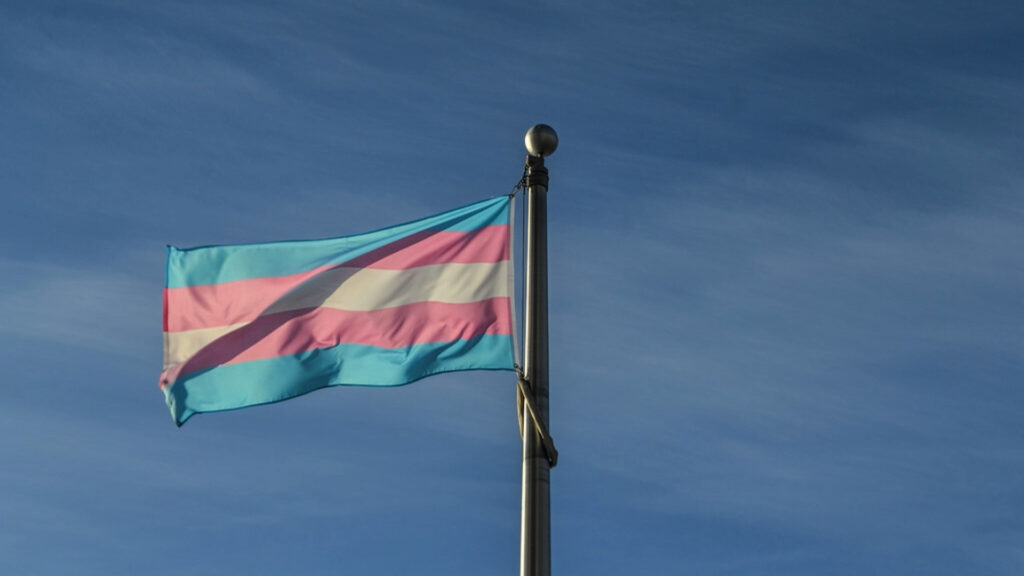
Marshall’s account follows several scandals at the charity surrounding gender and related issues. Last year, Childline, an NSPCC subsidiary, was accused of allowing the trans lobby to “hijack” its advice website, promoting potentially dangerous treatments to girls as young as 14 without parental knowledge.
Charity Commission Opens Compliance Case Against NSPCC
The Charity Commission confirmed that it opened a compliance case against the NSPCC following allegations of mismanagement of Childline’s message boards. The NSPCC commissioned an independent safeguarding team to review the message boards and implemented their recommendations, leading to the closure of the case in September 2023.
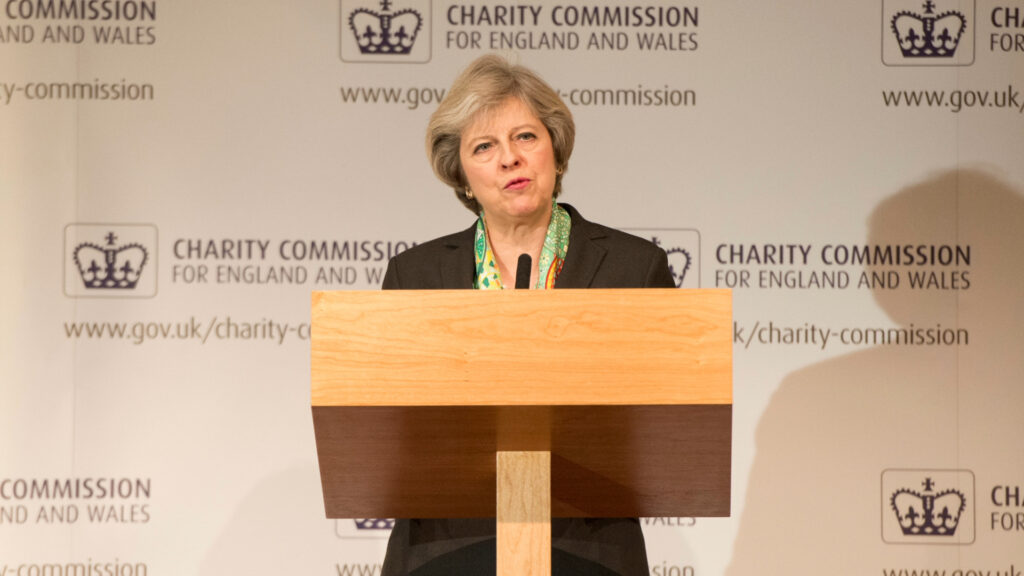
Marshall attempted to raise her concerns with her regional and local supervisors but was “blanked.” Upon reviewing the trans advice on the NSPCC’s website, she felt the charity had “lost the plot” and decided she could no longer work for an organization “completely captured by Stonewall.”
Cass Review Supports Whistleblower’s Concerns
The recent Cass review, which found that the evidence for allowing children to change gender was built on “shaky foundations,” backs up Marshall’s concerns. She believes it should serve as a major wake-up call for the NSPCC and other organizations promoting aggressive trans ideology to children.

In response to Marshall’s allegations, an NSPCC spokesman stated that the organization engages with Stonewall to hear from under-represented communities and strives to create a non-judgmental space for children to feel comfortable and protected. They thanked Marshall for her years of volunteering and the impact she had on young people’s lives.
NSPCC Chief Executive Steps Down Amid Controversy
Amid the growing controversy surrounding the charity’s approach to gender issues, Sir Peter Wanless, chief executive of the NSPCC, announced his resignation this month. The timing of his departure raises questions about the charity’s direction and its ability to address the concerns raised by Marshall and others.
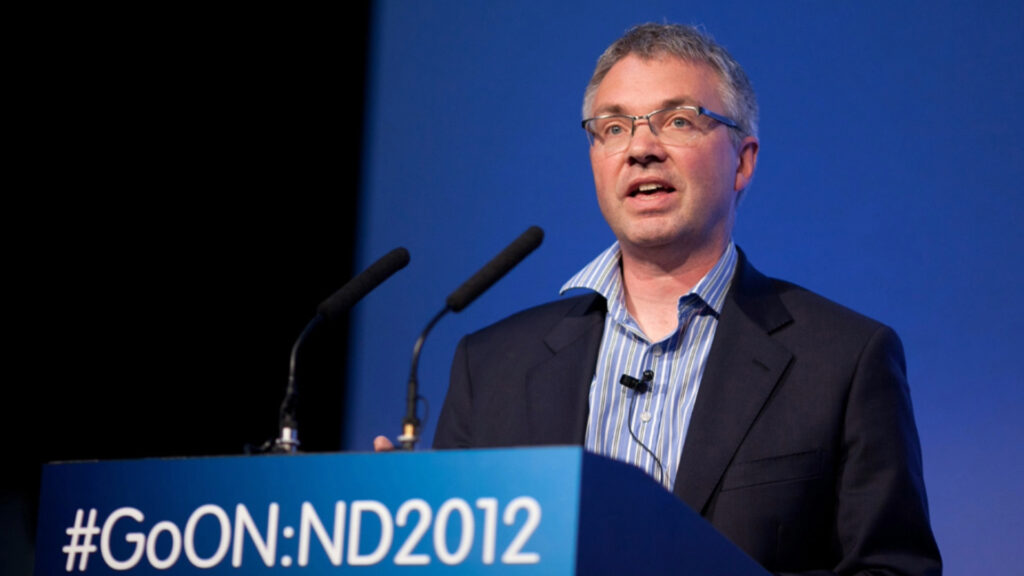
The NSPCC maintains that using a child’s preferred pronouns is a simple way to make them feel listened to and respected. However, critics argue that this approach may be more harmful than helpful, especially when dealing with young children who are still developing their sense of self and identity.
Experts Warn of Potential Risks in Affirming Gender Choices
Child development experts have warned that affirming gender choices in young children may lead to confusion and distress, particularly if those choices are not supported by their families or wider social networks. They stress the importance of allowing children to explore their identities without pressure or interference from adults.
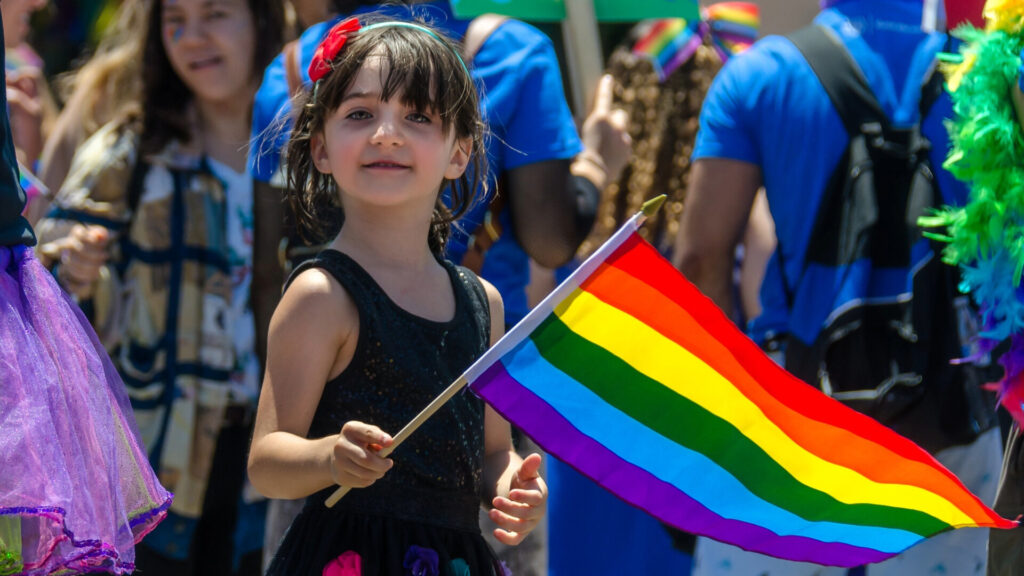
Marshall’s decision to speak out against the NSPCC’s apparent shift in direction has sparked a wider debate about the role of charities in promoting social and political agendas. Some argue that charities should remain neutral on controversial issues, while others believe they have a responsibility to advocate for marginalized groups.
Balancing Safeguarding and Inclusivity
The challenge for organizations like the NSPCC is to find a balance between safeguarding children and promoting inclusivity. While it is important to create a welcoming and non-judgmental environment for all children, this should not come at the expense of their safety and well-being.

Experts suggest that charities should focus on providing evidence-based information and support to children and families, rather than pushing a particular ideology or agenda. They should also be transparent about their partnerships and funding sources, to avoid any perception of bias or undue influence.
Stonewall’s Influence on UK Institutions
Marshall’s allegations against the NSPCC are part of a broader backlash against Stonewall’s influence on UK institutions. The campaign group has faced criticism for its hardline stance on trans rights and its alleged attempts to silence dissent or debate on the issue.
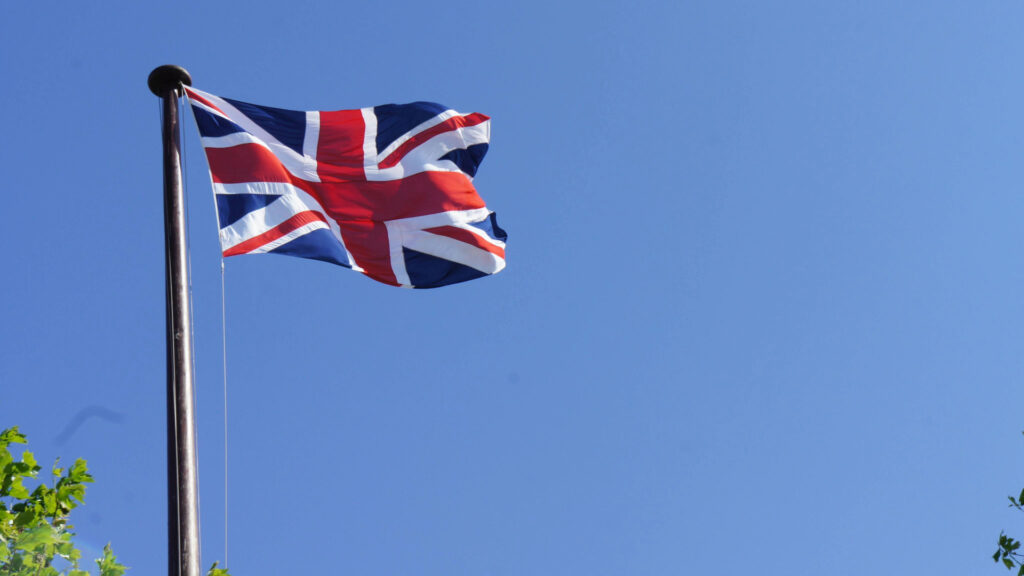
In recent years, several high-profile organizations, including the government and the BBC, have distanced themselves from Stonewall, citing concerns about its political activism and the impact on their impartiality. The NSPCC’s alleged ties to the group have raised similar questions about its independence and priorities.
The Importance of Whistleblowers in Holding Charities Accountable
Marshall’s decision to go public with her concerns highlights the crucial role that whistleblowers play in holding charities and other institutions accountable. By speaking out against practices they believe are harmful or unethical, whistleblowers can help bring about positive change and protect vulnerable individuals.

However, whistleblowing can also come at a high personal cost, as Marshall’s experience demonstrates. She claims to have been ostracized and ignored by her colleagues and supervisors for raising concerns about the NSPCC’s approach to gender issues. This underscores the need for better protections and support for whistleblowers across all sectors.
The Impact on Public Trust in Charities
The NSPCC controversy has the potential to damage public trust in charities more broadly, particularly those working with children and young people. If donors and supporters feel that their money is being used to promote political or ideological agendas, rather than to support the charity’s core mission, they may be less likely to give in the future.

Charities must work hard to maintain transparency and accountability and to demonstrate that they are using their resources effectively and ethically. This may require a greater willingness to engage with critics and to address concerns raised by whistleblowers and other stakeholders.
Lessons for Other Charities
The NSPCC’s experience offers valuable lessons for other charities grappling with similar issues around gender, identity, and safeguarding. It highlights the need for clear policies and guidelines on how to support transgender and gender non-conforming children, based on the best available evidence and expert advice.

Charities should also be mindful of the potential risks and unintended consequences of promoting certain ideologies or agendas, particularly when working with vulnerable groups. They should strive to create a safe and inclusive environment for all while prioritizing the protection and well-being of those they serve.
The Way Forward for the NSPCC
As the NSPCC navigates this difficult period, it will need to take steps to rebuild trust and credibility with its supporters, volunteers, and the wider public. This may require a thorough review of its policies and practices around gender and safeguarding, as well as greater transparency and accountability in its decision-making processes.

The charity may also need to re-evaluate its partnerships and affiliations, to ensure that they align with its core values and mission. This could involve distancing itself from groups like Stonewall, or at least being more explicit about the nature and extent of those relationships.
The Importance of Open and Honest Dialogue
Ultimately, the NSPCC controversy underscores the need for open and honest dialogue around complex and sensitive issues like gender identity and child safeguarding. All stakeholders, including charities, policymakers, experts, and the public, must be willing to engage in good-faith discussions and consider different perspectives and viewpoints.
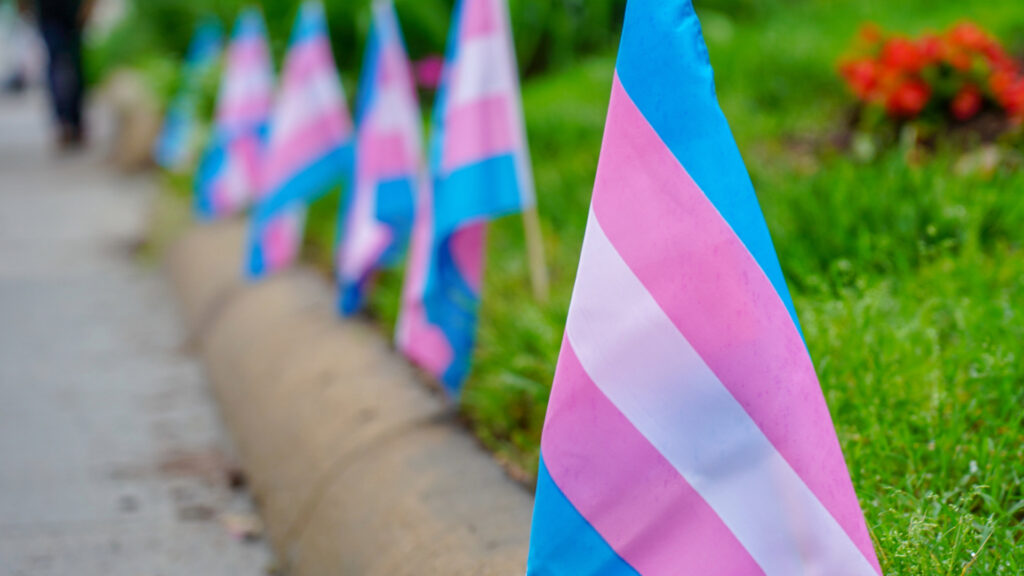
Only by working together in a spirit of transparency, collaboration, and mutual respect can we hope to find solutions that prioritize the safety, well-being, and best interests of all children, regardless of their gender identity or other characteristics.






GIPHY App Key not set. Please check settings